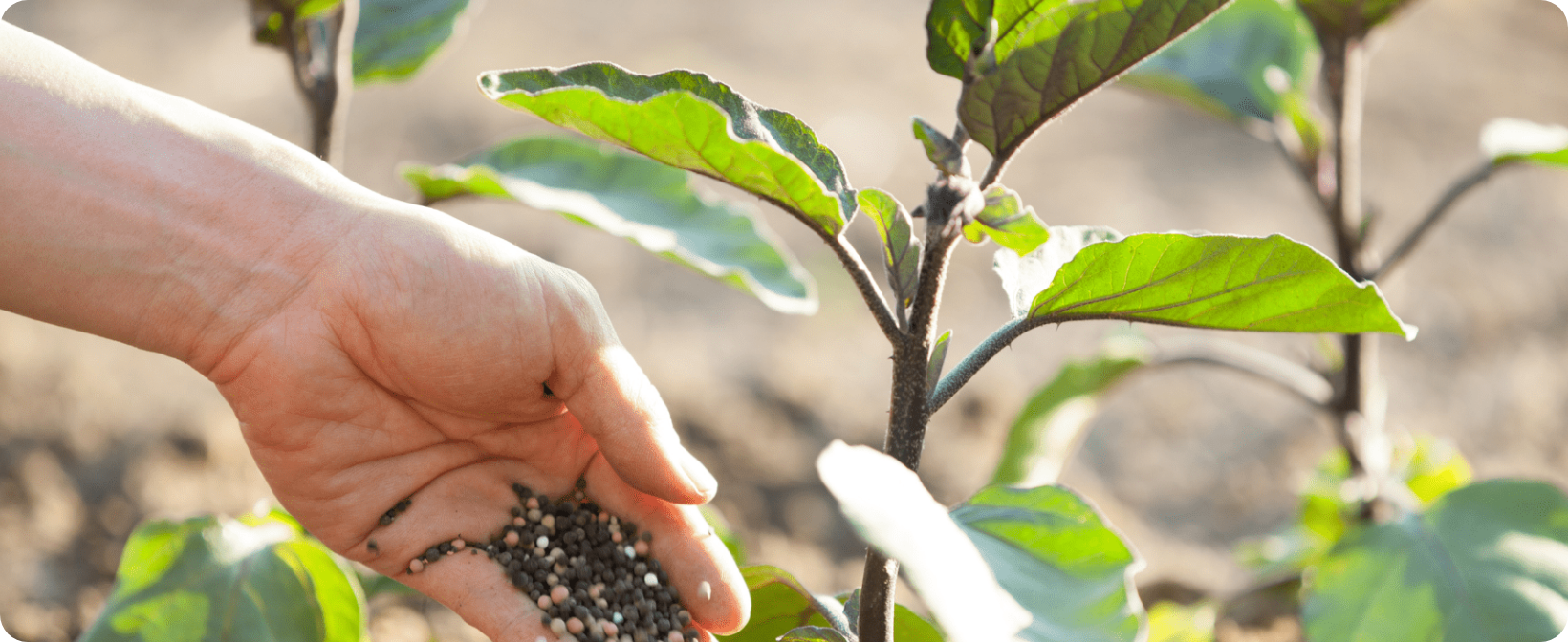The overall goal of P2GreeN is to promote a circular system of material flows between urban and rural areas and thus restore the coupling of the water-agriculture-food system according to the principle “reduce, reuse, recycle”. To achieve this, P2GreeN will develop new solutions for the circular economy and reduce nitrogen (N) and phosphorus (P), two important plant nutrients and at the same time water polluters, by connecting urban and rural infrastructures. This goal will be achieved by implementing and researching innovative solutions for the recovery of N and P by recycling municipal waste and converting it into safe bio-based fertilizers for agricultural production in three pilot regions.
Nitrogen and P are important plant nutrients and at the same time they pollute groundwater and surface water. The intensive use of fertilizers in agricultural production is a major factor in N and P pollution. Apart from this, conventional fertilizer production is not sustainable. In addition, high concentrations of nutrients are also found in human sanitary waste streams, from where they ultimately end up in rivers and coastal areas. The removal of N and P from wastewater is very energy intensive and not fully feasible. The use of sewage sludge for fertilization is also associated with problems such as micropollutant contamination. New solutions are therefore needed. The three P2GreeN pilot regions are located on Gotland, in the Hamburg-Hanover capital region and in the La Axarquia region.
The four P2GreeN successor regions are located in Italy, Greece, France and Hungary. The consortium consists of small and medium-sized enterprises, large companies, an international financial institution, research institutions, municipalities, including the European city of Paris, a non-governmental organization and an agricultural cooperative. In this project, all partners contribute their expertise and experience to minimize the pressure on natural resources, especially water and soil.
